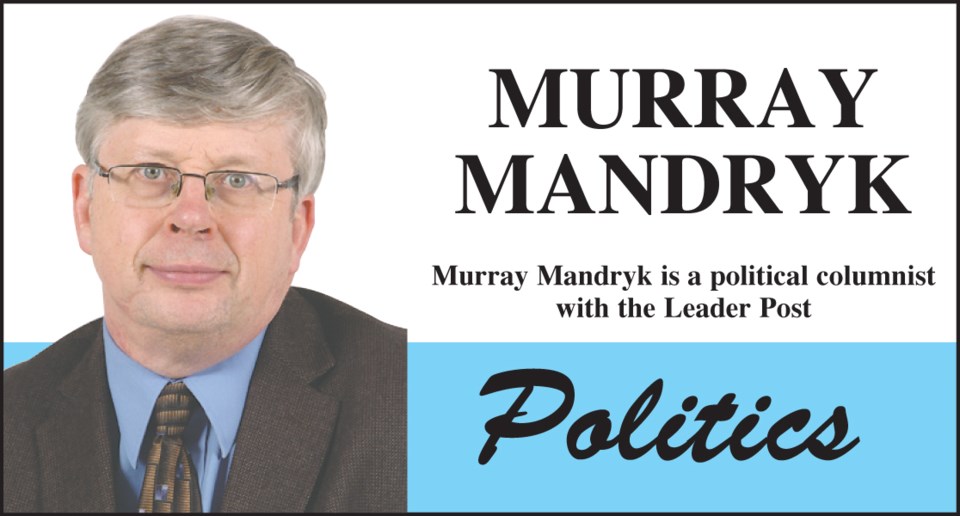Exactly what great political leadership is tends to vary, but here are two qualities that surely must be at the top of anyone’s list.
A great leader inspires, convincing people there are better options for us all. Great leadership is always visionary.
A great leader does tough things, taking responsibility for ideas and decisions that might not be popular with many but are surely necessary.
It is seldom we consistently see both from political leaders over a prolonged career.
Consider Saskatchewan’s three most predominate political leaders during the last quarter of the last century.
Progressive Conservative leader Grant Devine was truly an inspirational leader who had us believing “there’s so much more we can be”.
He convinced the Saskatchewan electorate we did have a strong, individualistic, free-enterprise streak that would allow us to succeed through lower taxes and less dependence on government and co-operative philosophies.
But while this was Devine’s success and perhaps his lasting legacy, he and his Progressive Conservative government failed in the expectations that a leader must provide responsible government even when the decisions entailed in providing that are not popular. Devine got us dreaming big, but he wound up making us pay for big deficits.
By contrast, both NDP premiers Allan Blakeney and Roy Romanow showed us they could deliver responsible government with balanced budgets. In Romanow’s case, that involved exceedingly unpopular decisions in the wake of Devine’s free-spending days.
However, neither Blakeney nor Romanow proved to be all that inspirational to their electorate — or at least, not when compared with their own idol Tommy Douglas and not even when compared with Devine’s vision.
In fairness, it’s harder to assess today’s political leaders whose work hasn’t yet stood the test of time.
That requires getting elected to government and spending long periods there.
It’s even tough to say what will be the legacy of Brad Wall — a truly inspirational leader, but one whose government struggled to provide responsible budgets built the economy without irresponsible debt levels. Wall and his successor Scott Moe did implement tough economic measures to right the course a couple years ago, but we may still need a few years to measure success.
However, it’s never too early for today’s politicians to consider their legacy. And it’s actually an important thing for them to consider because it simultaneously curb temptations to offer only what they think voters want to hear when they are lowly Opposition leaders.
Sadly, some current leaders are offering far too much of what they thing we want to hear.
New Alberta Premier Jason Kenney is hyping the notion of alienation and even separation (inexcusable, for any national or provincial leader in a county that’s long-fought separatists in Quebec) if Prime Minister Justin Trudeau is re-elected the west.
This isn’t leadership. It’s feeding the worst sentiments in all of us — irresponsible politics that’s potentially destructive.
Perhaps federal Conservative leader Andrew Scheer and Saskatchewan Party Premier Scott Moe haven’t gone quite as far has Kenney has of late.
But both are also dabbling in alienation sentiments, all too eager to use tricks at their disposal to unseat Trudeau.
In Scheer’s case, it’s been a barrage of criticism without truly inspirational alternatives — especially when it comes to a fulsome alternative to the carbon tax to deal with the serious issues of greenhouse gas emissions and manmade global warming.
Moe has similarly struggled in this vein. Of late, he and his government seem to upping the ante when it comes to petty bickering with Trudeau and long-serving Liberal Regina MP Ralph Goodale over federal funding for projects in Regina and Saskatoon.
Great political leadership is also about working with others with different opinions for the betterment of all.
Right now, we need more of it.
Murray Mandryk has been covering provincial politics for over 22 years.



